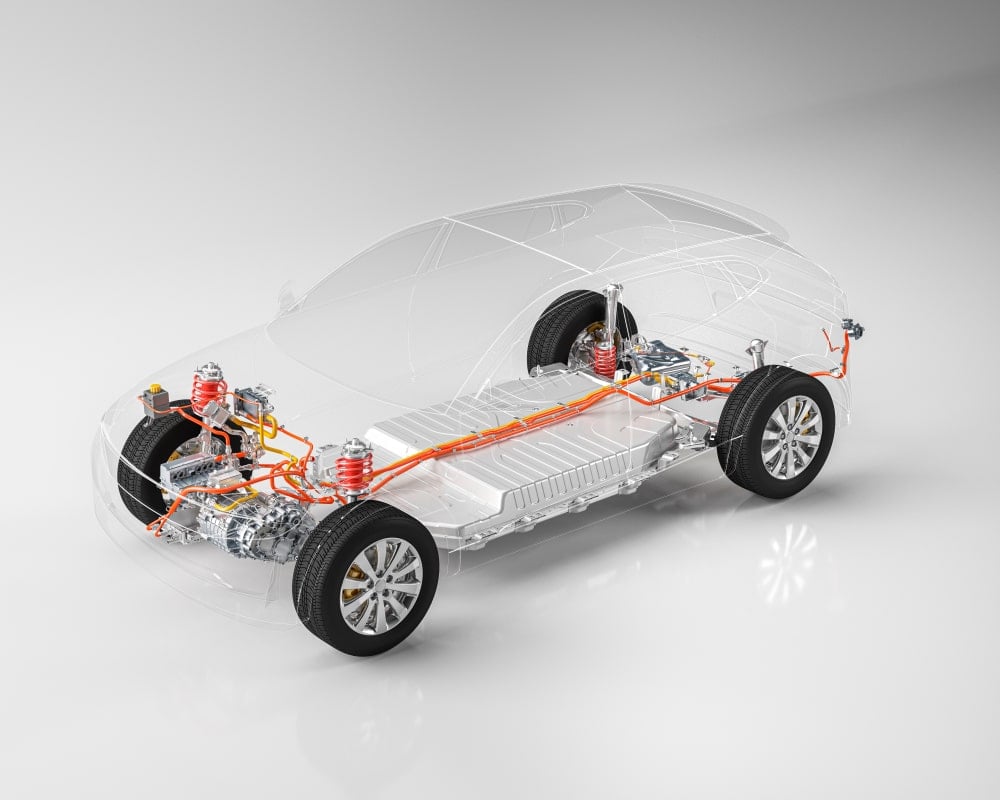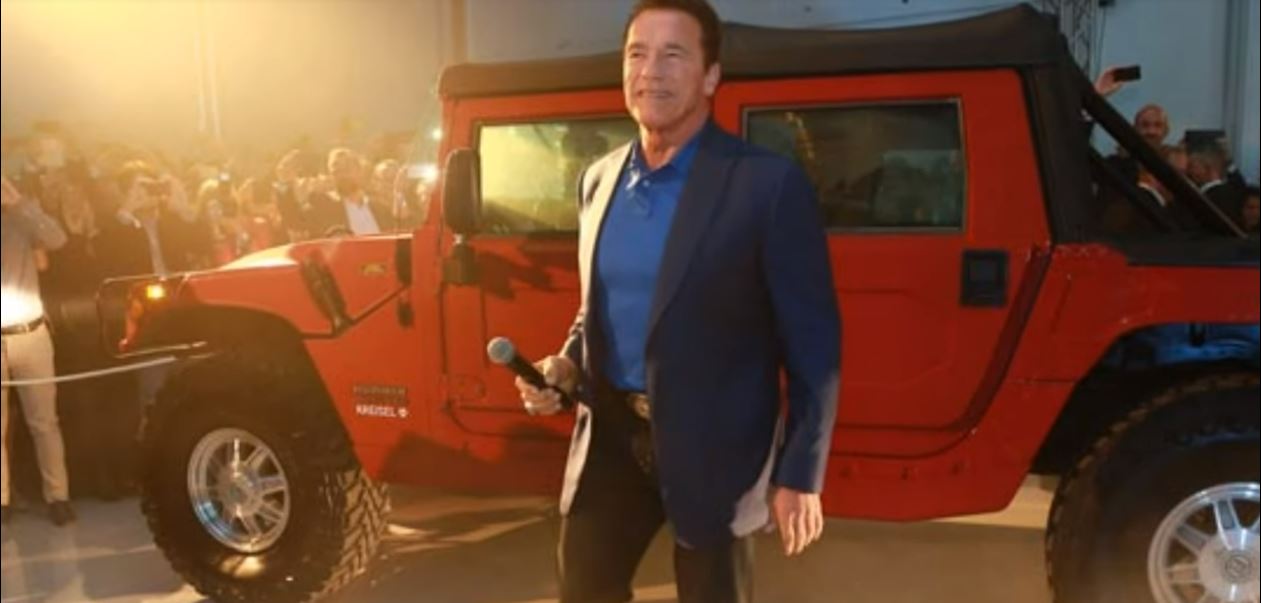Multi-storey and underground car parks could collapse under the weight of electric vehicles, engineers have warned.
Electric cars, which are roughly twice as heavy as standard models, could cause ‘catastrophic’ damage, according to the British Parking Association (BPA), which wants local authorities to conduct urgent structural surveys.
Most of the nation’s 6,000 multi-storey and underground facilities were built according to guidance based on the weight of popular cars of 1976, including the Mk 3 Ford Cortina.
But the electric cars currently on the UK market are far bulkier. For instance, the best-selling Tesla Model 3 weighs 2.2 tons fully loaded, making it more than 50 per cent heavier than a 1.4-tonne Cortina.
Structural engineer Chris Whapples, a member of the BPA which represents car-park owners, said: ‘If a vehicle is heavier than the car park was originally designed for, the effects could be catastrophic. We’ve not had an incident yet, but I suspect it is only a matter of time.
Weight of electric vehicles could cause 'catastrophic' damage and 'lead to car parks collapsing': Engineers warn Britain's parking facilities were not designed for hulking battery cars (msn.com)
Electric cars, which are roughly twice as heavy as standard models, could cause ‘catastrophic’ damage, according to the British Parking Association (BPA), which wants local authorities to conduct urgent structural surveys.
Most of the nation’s 6,000 multi-storey and underground facilities were built according to guidance based on the weight of popular cars of 1976, including the Mk 3 Ford Cortina.
But the electric cars currently on the UK market are far bulkier. For instance, the best-selling Tesla Model 3 weighs 2.2 tons fully loaded, making it more than 50 per cent heavier than a 1.4-tonne Cortina.
Structural engineer Chris Whapples, a member of the BPA which represents car-park owners, said: ‘If a vehicle is heavier than the car park was originally designed for, the effects could be catastrophic. We’ve not had an incident yet, but I suspect it is only a matter of time.
Weight of electric vehicles could cause 'catastrophic' damage and 'lead to car parks collapsing': Engineers warn Britain's parking facilities were not designed for hulking battery cars (msn.com)









